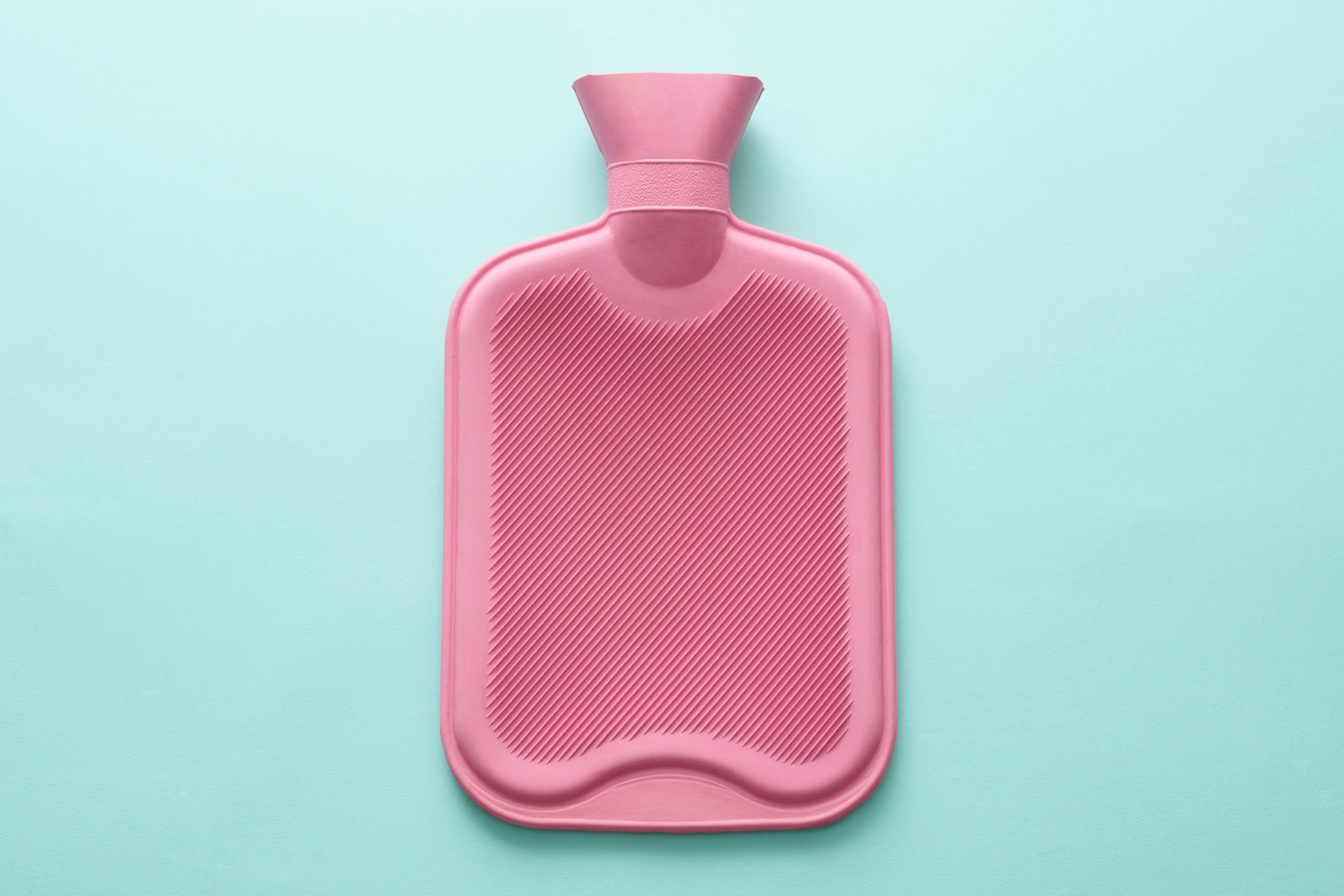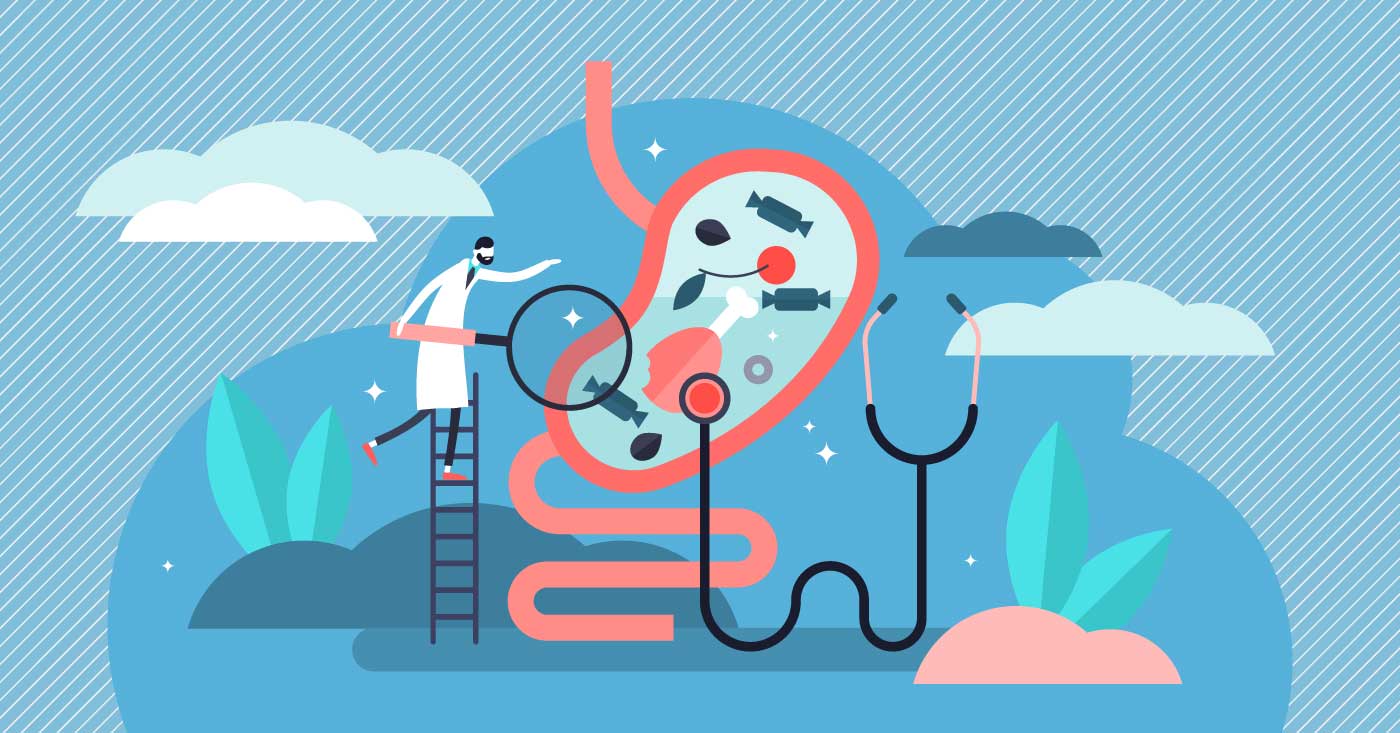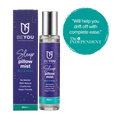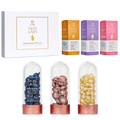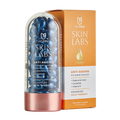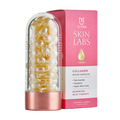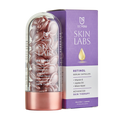How do I know I am getting enough nutrition, training and recovery as an athlete to protect my hormonal balance?
Nov. 19, 2021 Abby Foreman
This is a really important question because an intense training program does put a lot of stress on our hormones, especially if we aren't nourishing ourselves correctly.
And when I mean nourishment, I mean food, I mean sleep, I mean rest and I just mean that mental space as well. And the first thing I would say is checking in with yourself. Checking in with your body. Looking at your health signs.
I do have an Instagram post on this for you to refer to, but off the top of my head, you want to be waking up with a temperature of 36.5 degrees Celsius. You want to have a heart rate throughout the day a resting heart rate of between 70 and 85 beats per minute because that means that your body is getting blood to yourself, getting blood, oxygen, nutrients, fuel to yourself effectively.
Then you want to be seeing how well you sleep? Do you get restorative, sleep? Do you wake up rested? Do you wake up hungry with a strong appetite? Do you have stable moods and steady energy throughout the day? Do you have a strong libido? How is your period? Is your whole cycle healthy? Do you suffer from PMS or heavy periods?
These things are all signed, so if you have a good period, that kind of comes and goes without any real problems. It's three to five days long and you have a regular cycle each month. That's a good sign. Then looking at things like your hair. Do you have shiny hair, strong nails, soft skin?Do you have warm extremities, warm hands, face, nose?
Are you eating enough calories and meals to give your body the energy it needs to train? Do you consider your training program in context of the phases of your cycle so our energy needs change for our cycle so around ovulation like we have more energy to do more intense workouts, whereas leading up to our period, we need to replenish our energy and restore it for our bleed.
That's something to consider and how many rest days are you having? So it all comes down to checking into your health science, into your symptoms and seeing how you progress and how exercise affects that.


